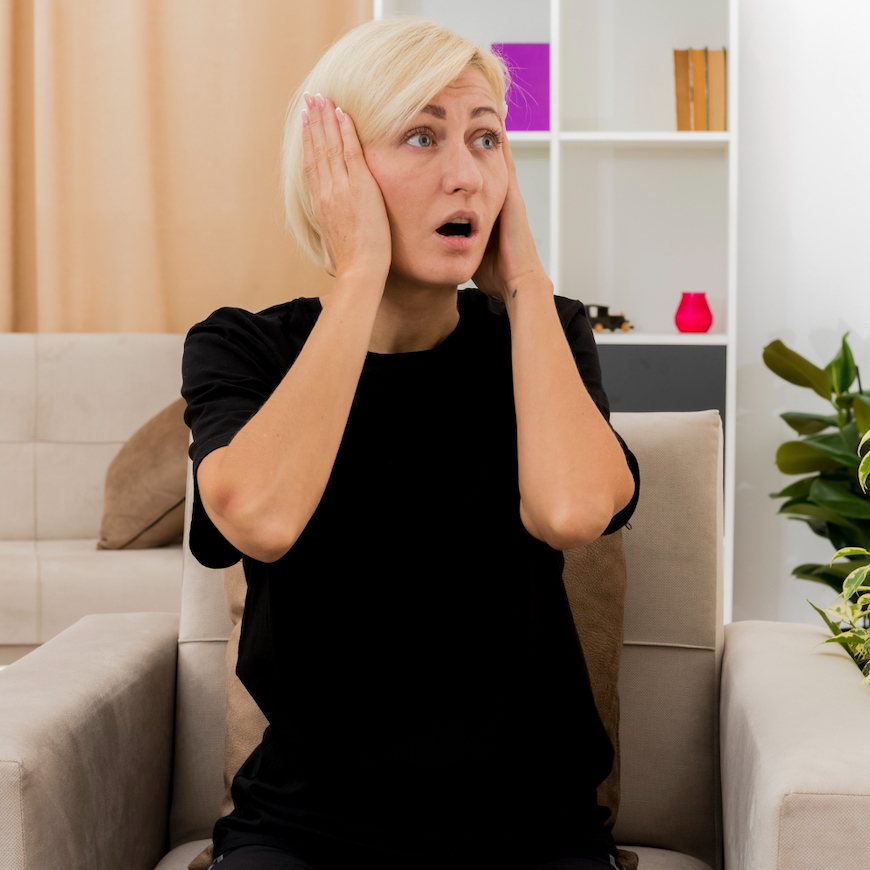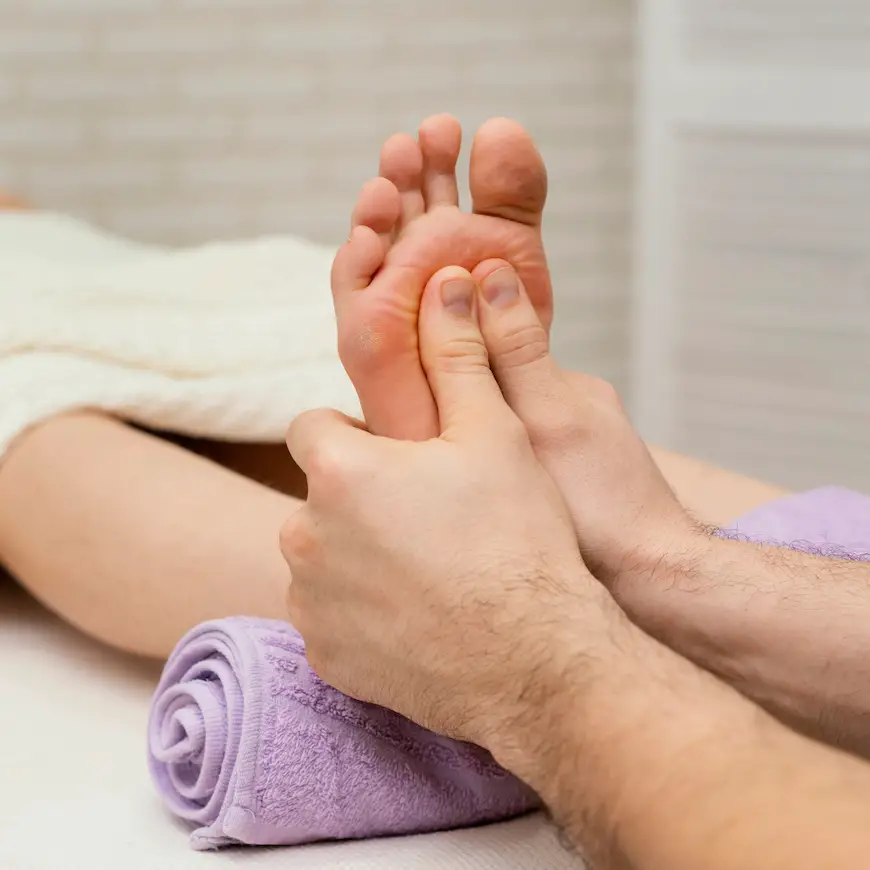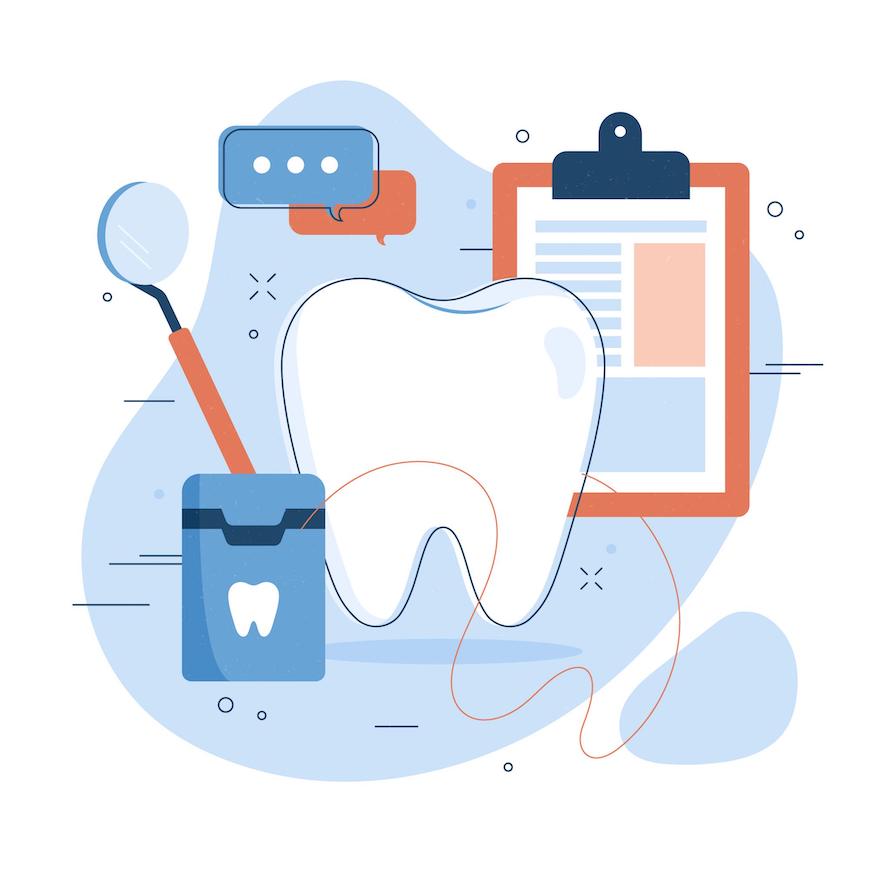What Is Misophonia?
Misophonia is a condition where certain sounds trigger an intense emotional or physical reaction. People with misophonia experience extreme discomfort, anger, or even panic when they hear repetitive sounds like chewing, pen clicking, or tapping. If you’ve ever felt rage when someone is loudly chewing near you, you might be dealing with misophonia.
Misophonia is often misunderstood, and many people suffering from it struggle to explain their reactions. Although it is not officially classified as a mental disorder, it can significantly impact daily life, relationships, and mental well-being.
What Causes Misophonia?
While the exact cause of misophonia is not fully understood, researchers believe it is linked to the brain’s auditory processing system and emotional regulation mechanisms. Here are some possible factors that contribute to misophonia:
- Neurological Differences – Studies suggest that people with misophonia have heightened activity in the anterior insular cortex, which processes emotions and sounds.
- Psychological Triggers – Certain sounds may be linked to past negative experiences or traumatic memories, causing an emotional response.
- Genetics – Some research indicates that misophonia may run in families, suggesting a possible genetic component.
- Environmental Factors – Growing up in a noisy or stressful household may contribute to sound sensitivity later in life.
Common Symptoms of Misophonia
Misophonia symptoms vary from person to person, but common reactions include:
- Strong Emotional Response – Feelings of irritation, anxiety, or anger triggered by specific sounds.
- Physical Symptoms – Increased heart rate, muscle tension, sweating, or a “fight-or-flight” reaction.
- Avoidance Behavior – Some people avoid social situations or use noise-canceling devices to prevent exposure to triggers.
- Relationship Struggles – Misophonia can cause conflicts with family and friends who don’t understand the severity of the condition.
Common Misophonia Trigger Sounds
- Chewing, slurping, swallowing
- Lip smacking, throat clearing
- Pen clicking, keyboard typing
- Foot tapping, repetitive sniffing
How Is Misophonia Diagnosed?
There is no official medical test for misophonia. Diagnosis is typically based on self-reported symptoms and evaluations by an audiologist, neurologist, or psychologist. Some professionals use Misophonia Assessment Questionnaires to measure severity and triggers.
Misophonia is often confused with:
- Hyperacusis – Sensitivity to all sounds, not just specific triggers.
- Phonophobia – A fear of loud noises rather than a reaction to specific sounds.
- Obsessive-Compulsive Disorder (OCD) – Some misophonic behaviors, such as avoiding sounds, can resemble OCD tendencies.
Coping Strategies for Misophonia
While there is no cure for misophonia, several strategies can help manage symptoms and improve daily life.
1. Noise-Canceling Headphones
Using high-quality noise-canceling headphones can block out trigger sounds, making public spaces more manageable.
🛒 Recommended Product: Bose QuietComfort 45 Noise-Canceling Headphones
✅ Why It’s Recommended: These headphones provide advanced noise cancellation that effectively blocks out trigger sounds. The comfortable design allows for long wear, making them ideal for work, travel, or social settings. They also offer Bluetooth and wired connectivity, giving users flexible listening options.
🔗 Check Price on Amazon
2. White Noise Machines
White noise can help mask trigger sounds and create a calming environment.
🛒 Recommended Product: LectroFan High Fidelity White Noise Machine
✅ Why It’s Recommended: This compact white noise machine features multiple sound settings, including fan sounds, white noise, and pink noise. It helps mask external noise, making it easier to sleep, work, or relax in a misophonia-friendly environment. Its portable size makes it great for travel or home use.
🔗 Check Price on Amazon
3. Cognitive Behavioral Therapy (CBT)
CBT helps individuals reframe their thoughts and reduce negative emotional responses to trigger sounds. Therapy sessions with a licensed professional can help desensitize reactions over time. CBT is a long-term solution that can teach coping skills and reduce stress associated with misophonia.
4. Misophonia Support Groups
Connecting with others who have misophonia can provide emotional support and practical coping tips. Online communities on Facebook, Reddit, and specialized forums offer a safe space to discuss challenges and solutions. Many people find relief knowing they’re not alone in their struggle.
5. Relaxation Techniques
Practicing relaxation methods such as meditation, deep breathing, or progressive muscle relaxation can help reduce stress responses to trigger sounds. Mindfulness techniques can train the brain to focus on different stimuli, reducing the emotional impact of triggers.
Misophonia and Relationships
Misophonia can strain relationships, as loved ones may not understand why certain sounds are unbearable. Communication is key to helping others understand your condition.
Tips for Discussing Misophonia with Loved Ones
- Explain how misophonia affects you emotionally and physically.
- Ask for small accommodations, like chewing with the mouth closed or using softer utensils.
- Use humor or lightheartedness to ease tension in social settings.
- Set boundaries and create a quiet space when needed.
Treatment Options for Misophonia
Although there is no FDA-approved treatment for misophonia, some therapies may help manage symptoms:
- Cognitive Behavioral Therapy (CBT) – Helps reframe emotional reactions.
- Tinnitus Retraining Therapy (TRT) – Uses sound therapy and counseling to desensitize reactions.
- Medications – Some individuals find relief with anti-anxiety or antidepressant medications, though they do not cure misophonia.
Read also: Tinnitus: Causes, Symptoms, and Management
Final Thoughts on Misophonia
Misophonia can be challenging, but understanding the condition and using effective coping strategies can help improve daily life. Whether through noise-canceling headphones, therapy, or support groups, finding the right solution for your triggers is essential.
If you or a loved one struggles with misophonia, consider trying the recommended products and strategies in this article to make daily life more manageable.
J. Miles is a board-certified general medicine physician with over a decade of experience in delivering comprehensive care to individuals of all ages. With a focus on preventive medicine, holistic wellness, and chronic disease management.







